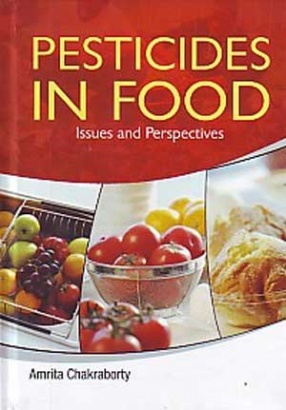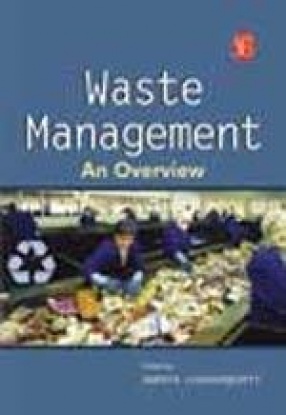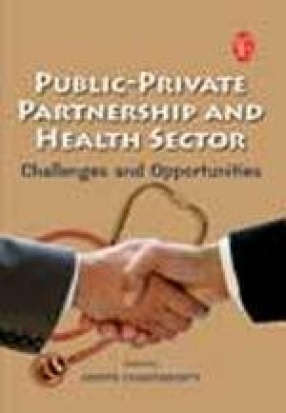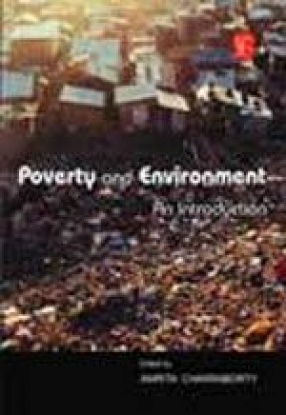
Amrita Chakraborty

Showing all 10 books






Agrochemicals are an essential requirement to boost farm productivity. They also ensure crop quality. As a consequence, we cannot wish away the use of agrochemicals in our food crops, fruits, vegetables etc. Therefore, the entire food basket is also a basket of pesticides, because none of the mass consumption vegetables and fruits grown today anywhere in the world is without extensive use of agrochemicals at some stage of production and/or shipment. Further, in ...

Rarely do people in their humdrum existence spare a thought for other fellow beings in suffering. How many of us, the educated, urban, middle-class and upper middle-class spare a thought for the hungry? Do we know that Hunger, the silent killer, is a giant killer? It is the "holocaust of our time" (read Per Pinstrup-Andersen and David Beckmann in Jindrova and de Graff) and that "about 20,000 persons per day die globally as a result of food ...

Terrorists use mass murder to instill fear and create chaos to attract eye-ball attention towards their political objective. Terrorism has come to mean the threat of killing a few and frightening tens of thousands of others. The fear of terrorism has been so great since 9/11, that there is no need for terrorists to actually do anything. The mere suspicion that they might act, closes down the stock market, stops flights of aircraft, disturbs traffic patterns, ...

An efficient use of resources and an effective management of waste are essential features of an environmentally sustainable economy. However, in many developing countries, waste management facilities are both inefficient and insufficient. Some of the broad causes of sub-optimal waste management in developing countries, like those in South Asia are poor existing disposal systems as well as lack of awareness of the environmental externalities. The pertinent ...

Towards the close of the millennium, several developing countries started seeing economic gains hitherto not experienced. Economic gains have taken place, in terms of a bigger basket of goods and services resulting from growth, reforms, liberalization and globalization. But what have been the social effects in terms of poverty and inequality? Have the goodies from the bigger basket of goods and services trickled to the poor or have the rich cornered most of them? ...

All of us would have at some point or the other experienced some spare cash, or an investment just having paid dividends, or received an inheritance or paid off the mortgage. What do we do with the money? We either use it for consumption or invest it. If we do not need to consume it, where do we invest it? Investment has many avenues; the traditional ones range from fixed deposits in banks to gold and shares. Art too, is one of them. Till date, only a part of the ...

The belief that every human being - no matter where they live - deserves a healthy life is the chief impetus to the movement of Public-Private Partnerships in health. It is unconscionable that the better-off members of the planet usurp the existing facilities in health for their betterment and leave the poorest at the mercy of life-threatening diseases. Public-Private Partnerships in health are gaining in importance in many parts of the world. The importance ...

The poverty-environment nexus is an important issue for developing countries but the seriousness and urgency that it deserves is still far from satisfactory. In fact, a majority of people in these countries are not even aware of the existence of such a nexus. And those in the higher echelons of decision- making who should be aware of it, are still groping their way around the dilemma of rapid growth or environmental protection. It has been observed many a time ...

For more than half a century, food processing has been driving growth in many developed countries. Today, in developed countries like the EU, the US, Brazil and Canada, the agri-food system has evolved into a highly complex, integrated and internationally competitive supply chain. This book introduces the reader to the potential of the food processing industry by highlighting the vital economic role it has played in a few developed countries. It highlights the ...
